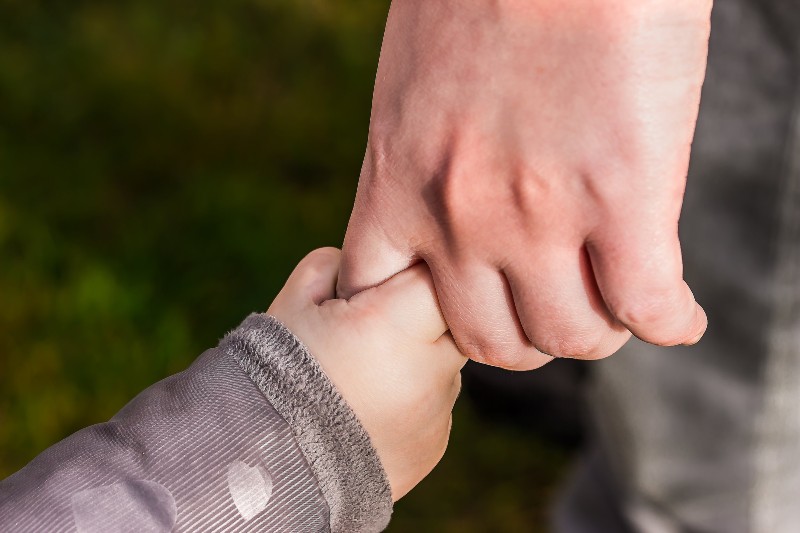As a divorced man and the father of two, co-parenting, at the best of times, is a challenging and stressful exercise.
In today’s new and, for the most part, uncharted world, thanks to the coronavirus, which has essentially placed us all into a state of self-quarantine and fear, locked down entire cities, shut down schools and created the need for social distancing, the level of that stress is unprecedented.
Today, a couple living apart but raising children jointly face new challenges as individual ideologies and philosophies are challenged, filling us with even more dread as we wonder, and worry about what is going on in the ‘other house.’
“With divorced parents who are effectively co-parenting, it is important to try to be on the same page for children’s mental health,” says Leanne Matlow, a cognitive behavioural therapy counsellor based in Toronto, and the founder of Mental Health Empowerment Day. “To reduce anxiety in a very uncertain time, routine is important. Wake up, get dressed, eat properly, get exercise, same bed times, and keep up with school work and chores. Obviously, it is best if this happens in both homes.”
While my ex-wife and I enjoy a mostly positive co-parenting relationship today, there are no doubt many couples still dealing with the toxicity of their divorce and, especially in the climate of this global pandemic, there are undoubtedly still worries, suspicions and anxieties about even the simplest and most basic tenets of their divorce agreement.
We share custody of our kids 50/50. Great. Easy. Kids are happy, the parents are happy. But each time we pack the kids up to take them to the parent of the week, I worry. Are these weekly moves putting our kids at greater risk of getting the virus? Would they be better off staying with me until this nightmare ends? Would they be better staying with a loving mother and her strong familial support team? Then again, we couldn’t allow the kids to be anywhere near my wife’s parents or my mother, as children, often carriers of the virus, pose a potentially deadly risk to the elderly and those with a compromised immune system.
The thought that we are somehow placing them more in danger by switching houses every few days fills me with dread, but, then again, maybe it’s better for them.
“I assume that everyone is now social distancing, so, again, keeping routine is very important,” Matlow says. “It’s okay for the children to continue switching homes as per the divorce agreement. And, if there’s more than one child involved, parents might even want to split the kids up from each other for a bit to give them some distance and private time too. These are tough, long days for everyone.”
It can also be hard and stressful when one parent is worried about the other not maintaining appropriate social distancing or taking the non-stop advice of medical experts seriously. To be safe, I am living as would a monk, albeit a monk who occasionally enjoys a glass of vodka.
Another challenge is finding suitable activities to keep the kids entertained and break up their miserable boredom and stress. I realized, soon after the outbreak that play dates were not an option.
“I think that like most things, there is a process,” Matlow says. “I doubt that when school suddenly stopped, most parents thought that that meant no play dates, but it does. The latest studies say that everyone has to social distance and stay in small nuclear groups as children can be carriers and we can all be non-symptomatic and still be carriers.”
As for other tricks to keep juvenile boredom to a minimum, Matlow has some advice.
“One big issue will be screen time; both the big screen and the little screen,” she says. “Try to have a family movie time so that each individual is not on their device endlessly alone, feeling even more isolated. Parents should also encourage kids to reach out to their friends on the phone, web or by text wherever they are.”
This is all new to me, to us, to all of us, and unfortunately there is no handbook, no instructions to guide us through these decisions. Sure, I lived through the SARS epidemic in 2003, but as a childless bachelor who only had to worry about myself.
READ: HOROWITZ: ‘DAD, I DON’T WANT TO PLAY BASEBALL ANYMORE’
The bottom line is that, like our divorce agreement, it all comes down to trust, respect, co-operation and remembering that we still have one, make that two things in common: our children. We both pray that one day, many, many years from now, they will tell their children and maybe even their grandchildren, how they survived – even without play dates – the coronavirus of 2020.
